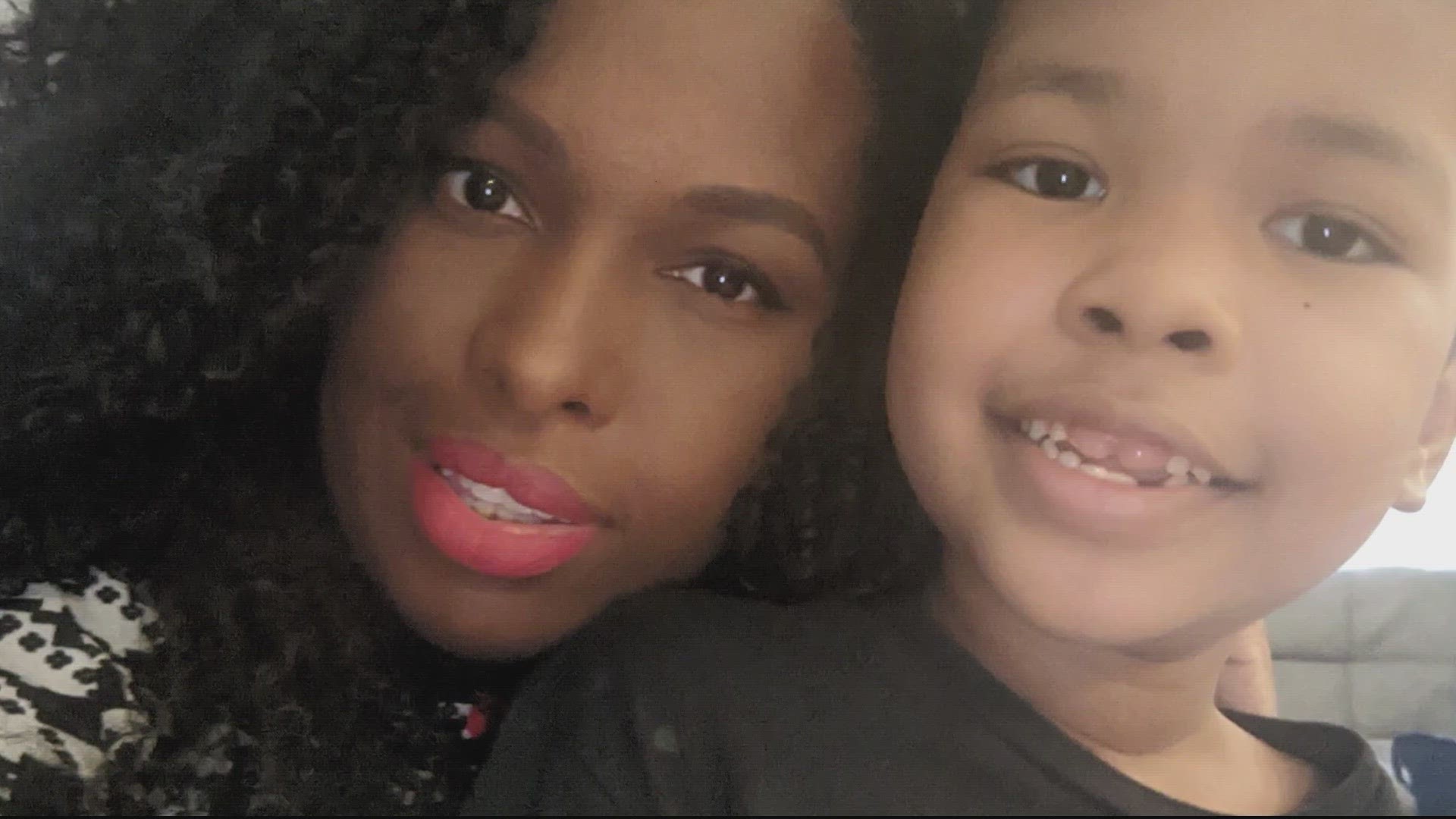VIENNA, Va. — Now that the COVID Public Health Emergency has ended, long-haulers are advocating to keep masks in healthcare settings.
Cynthia Adinig, who lives in Vienna, Virginia, has become an advocate for those living with long COVID-19 after she and her family contracted it in March 2020.
She said they had mild cases, but mysterious symptoms started developing a couple of months later.
Adinig said she started having severe allergic reactions to foods, even water, and her heart began racing after simple activities. Now, she hardly leaves the home and is technically disabled.
"I experienced very severe long COVID early on, became bedridden, and lost my mobility very quickly, almost starved to death several times because of my reactions," she said.
Then, last year, her son Aiden started showing long COVID symptoms.
"He went from having almost unnoticeable long COVID to overnight after playing with friends, heart rate fluctuating, oxygen fluctuating," Cynthia said.
“The second I came in, I automatically felt it. And then I said Mommy what is happening with with my heart rate?” Aiden said.
His mom said they have had trouble getting proper treatment and even getting doctors to believe them about their symptoms.
That's why they've joined the COVID-19 Longhualer Advocacy Project's campaign to keep masks in healthcare settings.
“One extra hurdle is so much," Cynthia said. "It sounds so little, but it's so much for us…And we should have at least one safe space."
This advocacy is just the latest step in her fight for long-haulers.
She's testified in front of Congressional committees and advised legislators on multiple long COVID bills over the last few years, including Virginia Senator Tim Kaine.
In March of this year, he and other senators reintroduced a bill that would improve research, access to resources, and education on long COVID.
“Those of us from the first wave definitely experienced improper care. They made us worse," Cynthia said. "And that's the last thing that I want him because he has such a bright future ahead of him.”
The CDC estimates that about 1 in 13 Americans are living with long COVID symptoms, so this impacts a significant percentage of the population.

